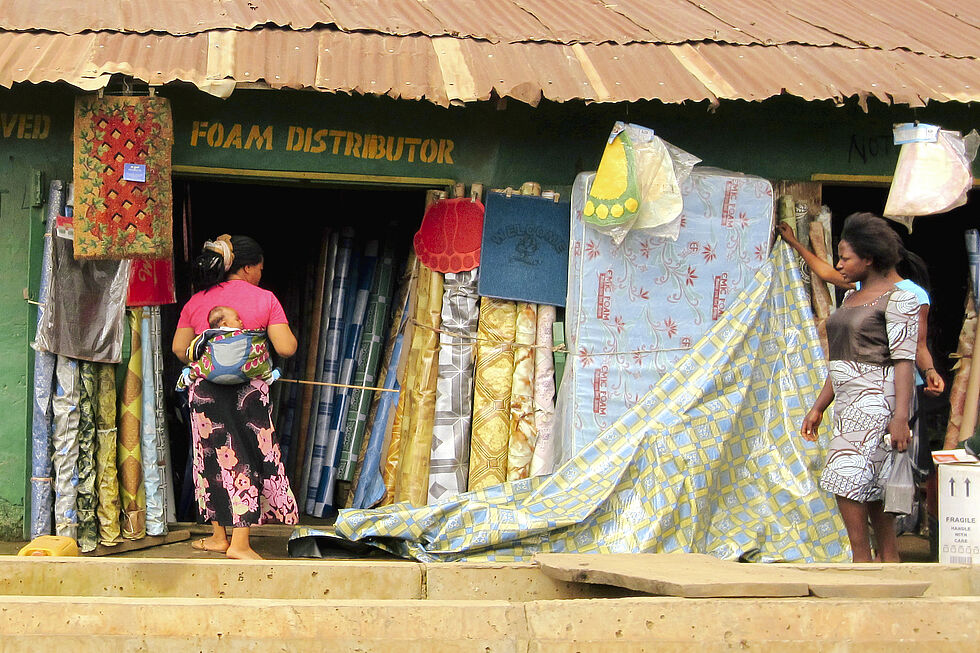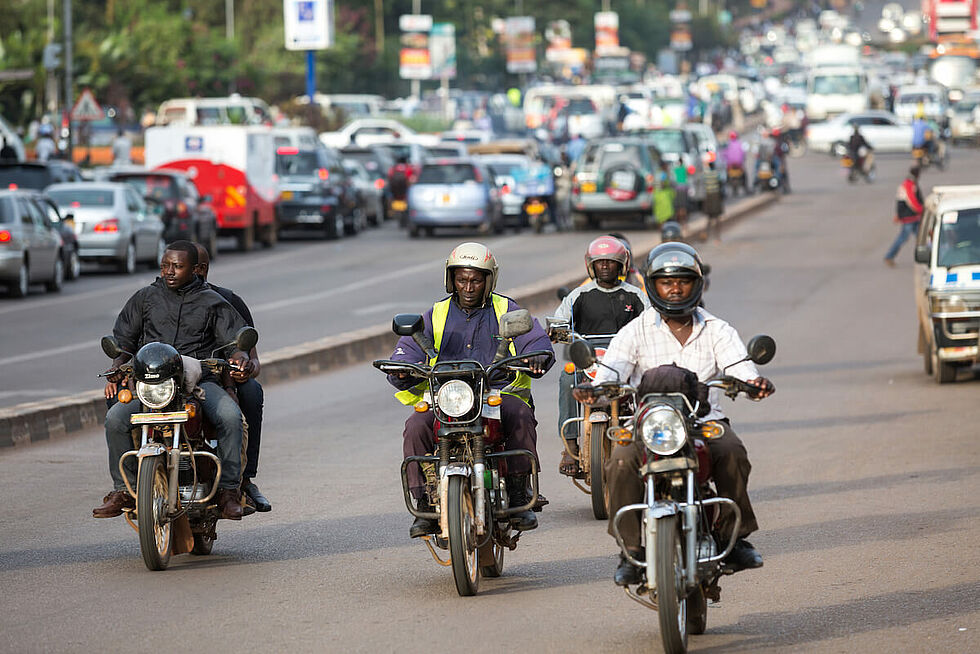Successfully applying union power
Trade unions fight for better wages. For maternity protection for women workers. Access to social insurance. Safety at the workplace. For workers’ voices to be heard by transnational corporations. And most importantly, for the dignity of working people. Increasingly, they integrate precariously employed workers and those in the informal economy into their organizations. They fight to protect democratic rights. And to build a fairer economy.
Yet trade unions are under pressure almost everywhere. Their right to organize workers is being restricted. The right to strike is threatened or has already been taken away. Negotiations with employers for better wages and more protection are difficult to achieve. Union leaders are being arrested. Or killed.
However, trade unions are not standing idly by. They see how the economy is changing, how they are affected by foreign investments, how technology is replacing workers, or how previously secure jobs are replaced by precarious ones. So they act. Change their ways of talking to women workers. Offer new programs to become attractive to young workers. Embark on organizing drives. Take on big multinational companies. Or their politicians.
For Friedrich-Ebert-Stiftung, trade unions are key agents in the struggle for democracy and social justice. We are committed to strengthening democratic, independent and representative trade unions. In our work, we often realize that unions themselves need to transform so they can positively affect economic and social conditions.
In light of this, the Global Trade Union Team of FES has launched the project “Trade Unions in Transformation” that aims to strengthen trade unions’ capacities to better represent the interests of their members and working people. The project tells two dozen stories of successful trade union action, and identifies the power resources trade unions possess and apply. Stories about street vendors in India being organized and legally recognized; about a union in Malaysia that for the first time takes on foreign domestic workers’ concerns as their own; about security guards in Kenya whose union has improved working conditions in an unprecedented way; about the political involvement of unions in Tunisia’s democratization process; and about how transnational networking compels a major airline in Latin America to come to the negotiating table.
We find inspiration in those stories, and they are going to offer a series of conversations with unions, academics and interested partners on how to further build power resources. How to apply them for workers to be heard and respected, and their lives made better. How to transform unions to be more open, more democratic and more effective, to build inclusive societies with decent work and a sustainable economy.
###
As preview, FES Connect brings you the story of a successful trade union action in Uganda. Continue reading <link spotlight in-uganda-unions-are-helping-to-drive-transport-workers-into-decent-work external-link-internal-icon>here. More information on “Trade Unions in Transformation” can be found, starting in May, under this link.
Mirko Herberg is the coordinator of the FES Global Trade Union Programme.







